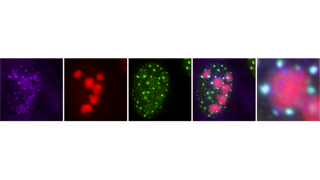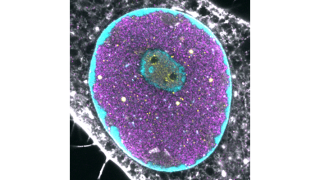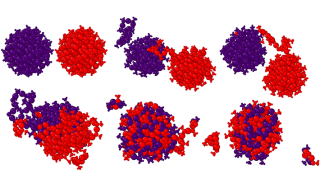Emeritus Professor Jouko Korppi-Tommola appointed to a honorary member of Photonics Finland

The nomination is recognition of his long-term, impressive and pioneering work for Finnish photonics and Photonics Finland. The Society hopes that the honorary members can continue to act as ambassadors for photonics, inspiring the next generation to enter the field and strengthening the Finnish photonics ecosystem.
- Since I have worked with lasers and optical measurements since 70’s I am happy to see the developments in basic research that have sprouted tremendous photonics industry globally as well as in Finland helping almost every aspect of our everyday life and which has developed into one of the corner stones of research and industry of the future. I have been lucky to have been with this development and accordingly, I highly appreciate the honorary membership granted by Photonics Finland, says Professor Emeritus Jouko Korppi-Tommola from University of Jyväskylä.
Unique photonics expertise in Finland
The Finnish Society of Optics and Photonics was founded in 1996. The society mainly organized the annual Optics Days and was the link between national academic researchers. Jouko Korppi-Tommola has been involved in the activities of the Society since its foundation. In 2013, the name of the Society was changed to Photonics Finland (https://www.photonics.fi/) and companies, universities and research institutes involved in photonics became members. The Society now has 250 individual members with an academic degree in photonics and more than 110 company- and community members.
- Finland has photonics expertise that is internationally recognized. Photonics is a major competitive advantage for Finland and we must ensure that we continue to keep up our competitive advantage through coming generations, the future and the only source of new innovations. For example, in 2024, more than 300 Finnish photonics companies or photonics using companies had a turnover of more than EUR 2.5 billion https://www.photonics.fi/, an annual growth rate of almost 20% and more than 7 000 employees, says Korppi-Tommola.
Photonics is the keystone of future technologies
Photonics is a broad field of research and development. Without photonics, there would be no telecommunications, data centers, mobile phones, televisions, personal computers, virtual reality (AR/VR), medical diagnostics, medical care and surgical equipments or high-tech industrial production.
- In the field of photonics, developments include remote methods for environmental monitoring, self-driving transport of people and goods, drone photonics with civil and military applications. Photonics also includes energy saving LED lighting and photovoltaics, the latter accounting for almost 10% of global electricity production, explains Korppi-Tommola.
Molecular imaging and ultrafast phenomena
Photonics has brought molecular-level bio- and tissue imaging methods to research, as well as the ability to observe ultrafast events in nature in real time. Korppi-Tommola has been working in the Laser Laboratory of the University of Jyväskylä, since 1985. He at the time founded the ultra-fast laser laboratory, which has grown into the NSC_LaserLab consortium. Today the Laboratory is a research community of four research groups at the Nanoscience Centre.
- The main areas of my research have been laser-assisted materials surface structure research, ultra-fast light transfer processes in photosynthesis and third-generation solar cells, the latter been closely related to the issues of sustainable energy, in teaching, research and societal discussions, says Korppi-Tommola.







